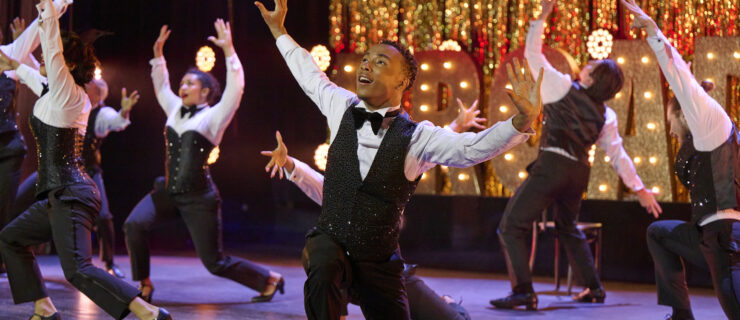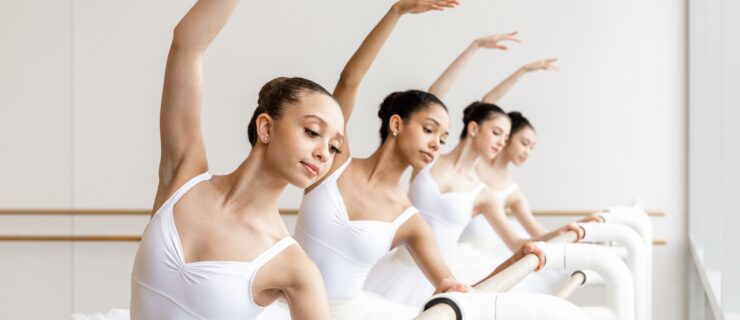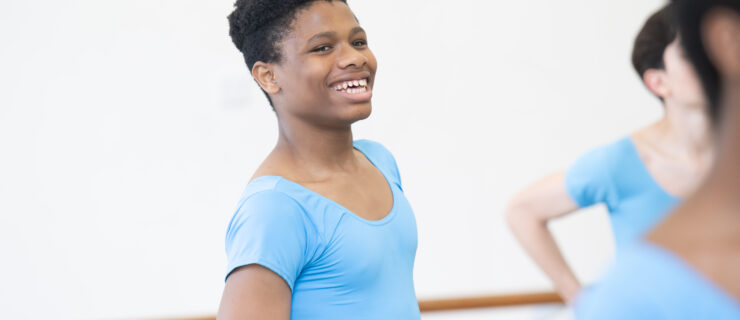Skipped Periods Could Have Serious Effects on Your Health – And Career
If you’re a dancer whose menstrual cycle has stopped, you could be wondering what’s happening. Are you pregnant? Is it early menopause? You may even be thinking, “Big deal, so I don’t get my period.” But it is a big deal, not only for overall health, but also for the future of your dance career. Besides leading to reproductive problems and osteoporosis, amenorrhea, the condition in which your body refuses to menstruate, may increase susceptibility to stress fractures.
There are two types of amenorrhea: primary and secondary. Primary amenorrhea occurs when a woman hasn’t had her first period by age 16. Secondary amenorrhea, more common among dancers who train long and hard, occurs when regular periods stop for three months or longer. Up to 30 percent of classical dancers have stopped or will stop getting their periods at some point in their careers, says Dr. Michelle P. Warren, a professor of women’s health in the department of obstetrics and gynecology at Columbia University who has studied this condition for 20 years.
Address the Causes
Reduced caloric intake, over-exercising and stress are typical causes of amenorrhea. “The body has a way of picking up when there aren’t enough calories around, [so] it shuts down reproduction,” says Warren. In other words, if your caloric intake is too low to sustain your activity level, your body will divert calories from reproduction to fuel vital organs.
Spending long days training in the studio is part of being a dancer, so exercising less in order to restart your menstrual cycle may not be an option for you. There are other ways to address the issue, however. Increasing caloric intake, especially from such nutrient-rich foods as red meat, spinach and yogurt, can stop amenorrhea by sending the appropriate signals to your ovaries to restart the cycle. Eating consistently, never skipping meals and avoiding yo-yo diets will also help to keep periods regular. Manage your stress with yoga, massage and relaxing baths. Also avoid using supplements as meal replacements. According to Warren, there’s a high incidence of fractures in women who replace food with supplements, because nutrients aren’t absorbed as well from supplements as they are from food.
Bone Health
Failure to reproduce is an obvious side effect of irregular periods, but amenorrhea can also interfere with the amount of calcium deposited in your bones, even if your diet is high in calcium. For young dancers, it’s especially important to build bone density, because bone growth stops after about age 25. (The exact age varies according to the individual.) If irregular periods cause your body to build less bone than it should before you stop growing, the chances of stress fracture and early osteoporosis rise.
While calcium is vital for healthy bones, protein is just as important. Studies have shown a correlation between low protein intake and low bone mass. “In an effort to keep weight down, I see young dancers who are vegetarians, and you have to be very careful on this diet because it’s hard to get enough protein,” Warren explains. “You can’t just make trips to the salad bar and expect to be on a well-balanced diet.” Lean meats such as chicken and fish are good protein foods, however, these don’t provide enough iron, another valuable nutrient that promotes growth and maintains high energy levels. Warren recommends eating spinach and parsley and cooking in iron skillets. Vegetarians may even need to consider eating red meat—if only in small amounts. “I usually ask [my patients] if they would consider eating at least three ounces of red meat at least three to four times a week,” says Warren. Amenorrheic vegetarians can also strategize with their nutritionists on ways to increase protein without eating meat.
Luckily, secondary amenorrhea is reversible in most cases with diet change and lower stress. If your periods don’t return within three months (barring pregnancy), schedule an appointment with your ob/gyn immediately.



